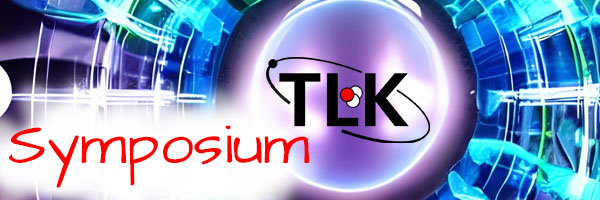Speaker
Description
The Karlsruhe Tritium Neutrino experiment (KATRIN) measures the tritium β-spectrum close to the maximum decay energy to achieve the value of the electron-antineutrino mass with a sensitivity of 0.2 eV/c2 (90% C.L.). Since only a small fraction of the decay electrons carries nearly all the energy, a high luminous tritium source, with its supporting infrastructure facilities, is necessary.
Since the start of the tritium operation of KATRIN back in May 2018, more than 700 days of 24/7 measuring campaigns with a total tritium throughput of more than 22 kg and a tritium concentration > 95 % were conducted. Despite several technical challenges occurring during the runtime, the necessary reliable supply of tritium was provided.
This contribution will give an overview of the current operational conditions of the Tritium Laboratory Karlsruhe (TLK) tritium facilities involved, as well as an overview of selected technical challenges we faced during the runtime.

